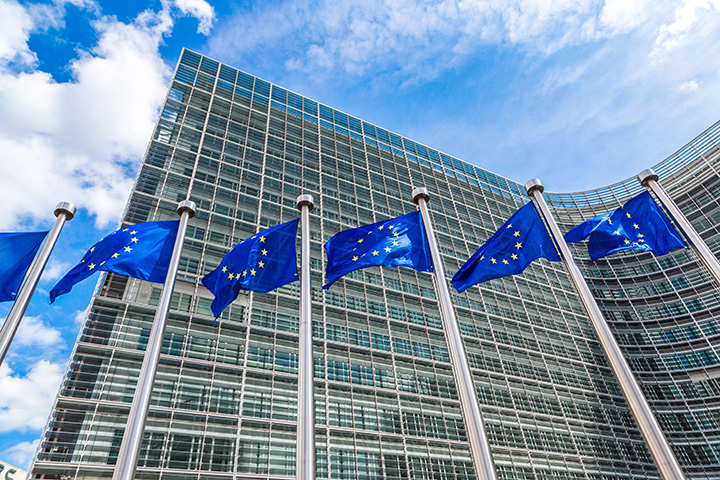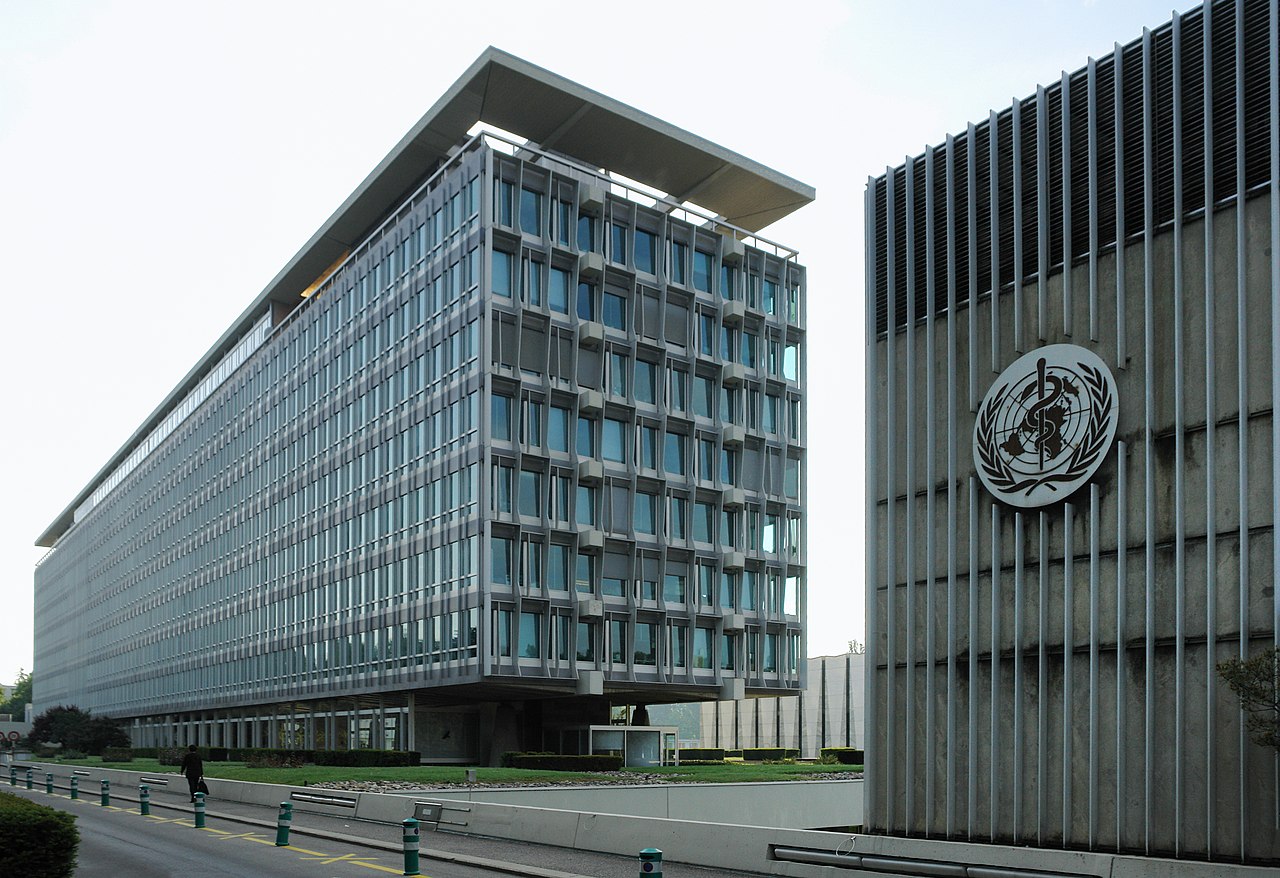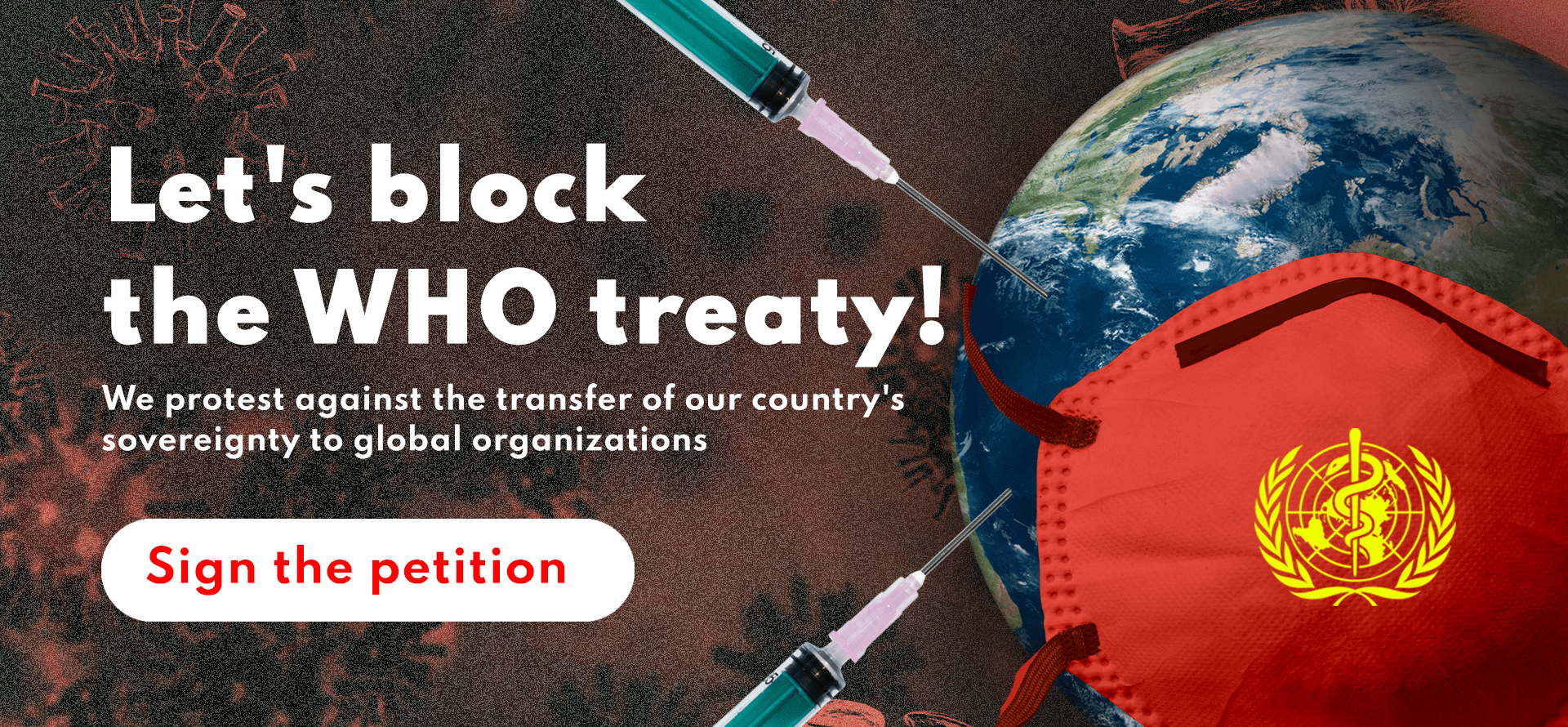In December 2021, 194 members of the World Health Organization (WHO) decided to start the process of drafting and negotiating a legally binding act of international law in order to improve the so-called prevention, preparedness and pandemic response.

More pandemics and more serious health threats are inevitable.
It’s not a question of whether, but when.
We must all be better equipped to anticipate, prevent, detect and evaluate pandemics, and to respond effectively and in a highly coordinated manner.
In our opinion, countries should work together for a new international pandemic preparedness and response treaty.
Appeal from world leaders who joined Charles Michel, President of the European Council and WHO Director General Tedros Adhanom Ghebreyesus, 03/31/2021.
However, the centralization of global governance could have dire consequences for the effectiveness of the fight against future epidemics.
It was thanks to a diversified approach that the world was able to verify and withdraw from ineffective instruments of health policy.

“No government or institution can tackle future pandemics alone.”
European Council

The only salvation, according to the European Council, is to grant supranational organizations, such as WHO, the binding right to establish one – common for the whole world – strategy to fight future epidemics.
Thus, the first negotiating meeting on the “international anti-pandemic treaty”, to be adopted in 2024, was already held in February 2022.
Is that the right way? There are many doubts.
One of them is the lack of independence of the funding bodies of the World Health Organization.

The World Health Organization is an international organization founded in 1948 within the United Nations (United Nations), responsible for “achieving the highest possible level of health by all people”.
It has 194 member states and its headquarters are in Geneva.
According to data provided by Ernst Wolff, a German journalist specializing in the issues of the global financial and monetary system, in the first three decades of its existence, the WHO’s budget consisted mainly of fixed contributions from member states.
Currently, countries finance less than 20 percent of the World Health Organization’s budget, while more than 80 percent come from public or private donors, mostly foundations and pharmaceutical companies.
Interestingly, more than 14 percent of the total budget now comes from the Bill and Melinda Gates Foundation, which, being WHO’s largest private donor, has donated $ 2.5 billion to its budget.

Should the deprivation of national governments of a significant part of their competence in favor of experts from the World Health Organization raise doubts?
Threat to the sovereignty of nation states as well as civil rights and freedoms.
WHO experts would have greater power than our state governments in such a key area for the state as health policy.
The possibility of the World Health Organization experts ordering all signatories of the document to introduce an absolute vaccination or lockdown obligation, which also affects our economy, and thus the finances of the entire state.
The lack of a diversified strategy for fighting the epidemic may result in a lack of verification and the possibility of withdrawing from ineffective instruments of sanitary policy.

The key to a wise and effective fight against a pandemic should not be management at the level of international organizations, but the development of a strategy based on research and scientific knowledge, preceded by a serious academic debate.
Therefore, we encourage you to sign the petition calling on the President of the European Council, Charles Michel, to:
1. firm opposition to the entry into the treaty of dangerous provisions limiting our national sovereignty
2. if they are forced through negotiations – to oppose the ratification of any binding act of international law that would impose on our countries specific actions influencing our strategy of fighting the pandemic and, consequently, also on health policy and the entire economy of the state.
Open letter to the President of the European Council Charles Michel
Dear Mr. Chairman,
last December, the World Health Organization announced the commencement of negotiations on an “international anti-pandemic treaty”, which is to be binding on all signatories by an act of international law. The European Council has already expressed support for the start of negotiations, and in February the first negotiating meeting on the content of the document to be adopted in 2024 was held.
In its communication, the European Council argues that pandemics are a global problem that “no government or institution can tackle on its own”. Therefore, the only salvation would be to grant supranational organizations, such as WHO, the binding right to establish one strategy – common strategy for the whole world to fight the epidemic.
The ratification of an act of international law formulated in this way would, therefore, hand over a significant part of the competences of national authorities to WHO experts, having no democratic mandate, who would have more power than the national governments of our states in such a key area for the state as health policy.
It is not difficult to imagine a situation in which experts from the World Health Organization order all signatories of the document to introduce an absolute vaccination obligation or lockdown, which also affects our economy, and thus the finances of the entire state.
In addition to the obvious threat to national sovereignty and civil rights and freedoms, this centralization of global governance could also have dire consequences for the effectiveness of the fight against future epidemics. It is thanks to the diversified strategy of fighting the epidemic that the world could verify and withdraw from ineffective health policy instruments.
Therefore, we call on you to defend national sovereignty of EU member states in the face of the attempt to deprive national governments of a significant part of their competence and to transfer it to the experts from the World Health Organization. As citizens concerned about the announcements regarding the content of the document being prepared, we call for a firm opposition to the inclusion in the treaty of dangerous provisions limiting national sovereignty.
If, however, the announced elements of the “international anti-pandemic treaty” are forced through the negotiations, we urge you not to oppose and encourage the opposition to the ratification of the resulting convention or any binding act of international law that would impose on our countries specific actions influencing our strategy of fighting the pandemic and, consequently, also on health policy and the entire economy countries.
Yours faithfully
Citizens of the Member States of the European Union
